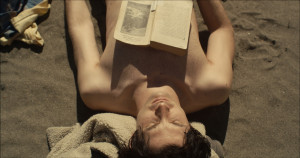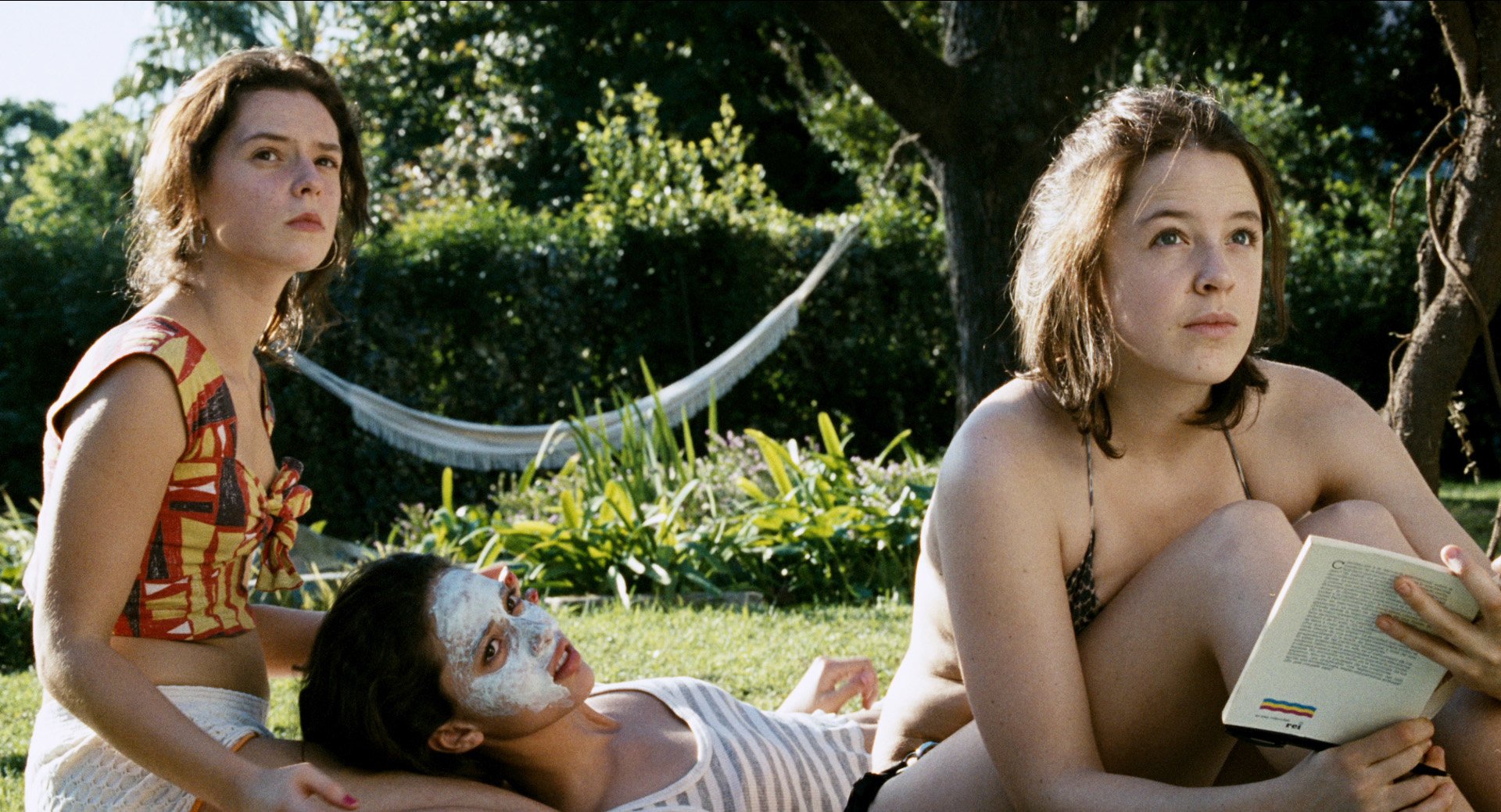
The San Francisco International Film Festival kicked off last Thursday, and the crowds haven’t waned since. The main festival headquarters in Japantown at the Sundance Kabuki Cinemas and the San Francisco Film Society Cinema are full of excited cinephiles young and old, there to take in films from all around the world the way they were meant to be seen: on the big screen, with beautiful, crisp, clean, digital projection.
If you haven’t had a chance to catch a film at the fest yet, there is still plenty of time, as the festival runs until May 3. Between now and then, you can see Kenneth Branagh up close at the Castro tonight, where he will receive a directing award and screen his early film “Dead Again,” or catch Yo La Tengo doing a live score at the San Francisco Museum of Modern Art for the documentary “The Love Song for R. Buckminster Fuller” on Tuesday (come early to make the Rush line). In the meantime, here is a taste of films that have already screened and will be screening at the festival in the coming week.
“Back to Stay”
This first feature by Argentinean filmmaker Milagros Mumenthaler is an astute and observant film set in Buenos Aires, following three college-age sisters coming to terms with their grandmother’s recent death. The film takes place almost entirely in the house where they live, which they inherited. It’s a film about the secrets the sisters keep, the alliances that form within a family, the comfort of sisters and the effect of the space in which they live. We discover that many parts of the house were off limits when their grandmother was alive, and we watch as the girls explore these foreign spaces in a home with which they feel less and less connected.
Mumenthaler lingers on each of the girls for takes that span minutes, letting the wonderfully nuanced performances really shine as we see the signs of insecurities, love and grief; these are especially pronounced in the few scenes when all three sisters are on camera in a single shot, allowing us to see both the private and communal moments they share together and how they trespass on each other’s privacy. At the center of the film is the eldest sister, Marina, the most down-to-earth one: shy, intelligent, compassionate and insecure about many things, including her body. We watch as she copes with her sister Sofia’s secrecy and betrayals, and as she looks on both disapprovingly and enviously as Sofia uses sex to earn attention; there is so much that is unsaid between these two. “Back to Stay” is, in a sense, a coming-of-age story as Marina gains confidence and deals with her grief, and we learn that her sisters aren’t as put-together as she may have originally believed. There isn’t much plot so much as a series of uneventful scenes in which immense amounts of information about the complexities of the characters are beautifully revealed. It’s best seen on a big screen where you can get immersed in the rhythm of the film and the spaces the characters inhabit, and it’s one of the best films at SFIFF.

“Bernie”
Richard Linklater’s latest film, “Bernie,” which will hit theatres in mid-May, may be a disappointment to fans of his heady, dialogue-driven films like “Waking Life” and “Before Sunrise,” but it is an improvement from his recent string of mediocre, mainstream films like “School of Rock” and “Bad News Bears.” “Bernie” is a mockumentary based on the true story of Bernie Tiede (Jack Black), a mortician in Carthage, Texas, who after befriending and then killing the universally hated widow Marjorie (Shirley MacLaine), seemed like he would actually be acquitted because he was so well-liked in town. Bernie is a perplexing character who seems just as kind-hearted as he is a scheming opportunist, and it’s left to the audience to decide whether he befriended Marjorie in pursuit of her fortune or as just a good Samaritan. Linklater finds a good deal of humor, if not laughs, in his myriad of interviews with local characters full of local color and by cleverly juxtaposing the serious and ridiculous: a song-and-dance of “Seventy-Six Trombones” abruptly follows Marjorie’s murder. But the film remains little more than a moderately pleasant and fleeting distraction.
”The Giants”
Belgian filmmaker Bouli Lanners’s “The Giants” transports us to rural Belgium, in a quaint lakeside town of mainly vacation homes with lush forests and green fields. The idyllic landscapes serve as a metaphor for the film’s adolescent heroes’ innocence, while also allowing the emptiness of the expanses emphasize how alone the boys are. These boys are Seth, 15, and Zak, 13, abandoned by their mother with false hopes of her promised return, and Dany, 15, who may technically have a home, but one that is occupied by his older brother, who never ceases to find an excuse to beat Dany to a bloody pulp. They band together in the struggle for survival, trying to make ends meet, and, in the process, make a misguided deal with the devil, depriving them of their only assets and shelter. Yet despite the helplessness and hopelessness of the protagonists, the film takes the time to linger on youthful dalliances – from the brief reprieve the boys get from marijuana to the silly pursuit of an intense orgasm by digesting large amounts of very spicy food to their ill-fated hair dying. Lanners’ camera also lingers on close-ups – when the boys are together or alone – which, thanks to some top-notch, nuanced acting, provide profound glimpses into their fears, insecurities and emotions. The adults in the film are almost unforgivably two-dimensional caricatures, but it earns its audience through its quiet observation about the complexities of adolescence, a time when independence seems so precious, and yet forced independence can be so tragic because teenagers just aren’t ready to fend for themselves.

“Bonsai”
“Bonsai” centers on a painfully pathetic aspiring writer, Julio, as he recounts his failed college romance with a large dose of nostalgia while encountering romantic strife in the present. Julio claims to be working as the amanuensis for a famous writer, but we realize that his supposed employment is a fiction. Since he has told his current romantic interest about the job, he decides to fill notebooks with his own prose instead. There are a few perceptive moments about youthful romance, like the pretensions of college students who decide they need to read Proust to one another in bed, one page a day, expecting to be together long enough to finish their optimistic journey through the novel. Yet the film lacks narrative structure, and the multiple time periods make the film feel desultory rather than working to unite themes and show growth. Julio is also such a loser that it’s hard to care about his goings-on and feel anything but sorry for the women he encounters. There is some beautiful photography with rich colors and the omnipresent image of the perfectly kept Bonsai tree – perhaps a metaphor for Julio’s own sense of the need to control his life – but, on the whole, the film falls flat.
